LLCs (limited liability companies) can be very useful for conducting business while protecting your personal assets and the assets of other investors (for example, see our previous article “Creating an LLC for Real Estate Transactions.”)
At the same time, the liability shield and anonymity provided by an LLC can be misused to avoid debt or commit fraud. The first step when dealing with an LLC is to do your homework:
- Review the articles of organization and operating agreement.
- Check the filings with the Secretary of State: are they up to date? Who signs the annual statements? Who is the agent for service of process (the person or entity that will collect any served papers)?
- Check for forfeitures or suspensions by the California Franchise Tax Board.
- Know the members: verify that the representative of the LLC is in fact an authorized representative, and verify any other information about the LLC’s membership.
- If possible, try to negotiate for a personal guarantee or security (collateral such as real estate).
ALTER EGO LIABILITY
Often once an LLCs assets are exhausted, creditors are left out in the cold—this is, after all, the purpose of an LLC: to protect the members’ personal assets from the company’s debts. In many states, a single-member LLC (SMLLC) doesn’t have quite the same protections as a multi-member LLC, so it can be easier to hold a single owner responsible. However, this isn’t the case in California.
Lawyers commonly refer to these protections of incorporation as the “corporate veil” which separates the “person” of the corporation from the actual people who own it. Alter ego liability is one potential way of “piercing” that corporate veil.
In alter ego liability, a court finds that the corporation is not a separate entity, but rather the “alter ego” of the owner: the two are one and the same, and therefore the owner can be held personally liable.
It helps to understand that in legal terms, the corporation is an “artificial person.” A corporation does not have all the rights and privileges of a human being and is free of some of the shortcomings of humans as well (a corporation can’t be killed or put in jail, for example). However, the law basically agrees to treat a corporation as a separate person for most intents and purposes.
THERE ARE THUS TWO REQUIREMENTS TO RECEIVE A FINDING OF ALTER EGO LIABILITY:
- The LLC and the owner do not in fact have “separate personalities.”
- Treating the fraud or wrongdoing of the LLC as the action of the company alone would lead to a manifestly unfair result.
Meeting the first condition usually involves showing that the owners of the corporation did not treat the LLC as a separate entity. Most often this is evidenced by a “comingling” of corporate and individual finances or operations. With no clear distinction between the affairs of the corporation and the affairs of the owners, the corporation is really just a “shell.” (It should be noted that the “alter ego” is often another company, which is using the shell company as a shield for that corporation’s assets. The idea is the same: you look for signs that little distinction is made between the affairs of one company and the affairs of the other.)
The second condition is fairly obvious: if the LLC holds insufficient actual capital to cover its financial responsibilities, it is likely that the LLC is merely shielding assets and there are grounds for challenging the corporation as a separate entity. Essentially, the LLC is expressly being used shirk legitimate debts, which is an abuse of the statutory privilege to treat the corporation as a separate entity.
Such a claim is especially likely to be upheld in the case of a tort claim (such as a personal injury), since the risk that you take voluntarily when entering into a contract with a corporation doesn’t apply to tort victims. (See, for example, our recent article “Torts: Personal Injury Tort Liability in the Wake of COVID-19.”)
In a case alleging alter ego liability, the determination will be made on the specific circumstances and merits of the individual case. In addition to doing your research before entering into a contract with an LLC (or when you think you have been the victim of wrongdoing by an LLC), you should consult with a California attorney well versed in LLC disputes who can help assess and build your case.


